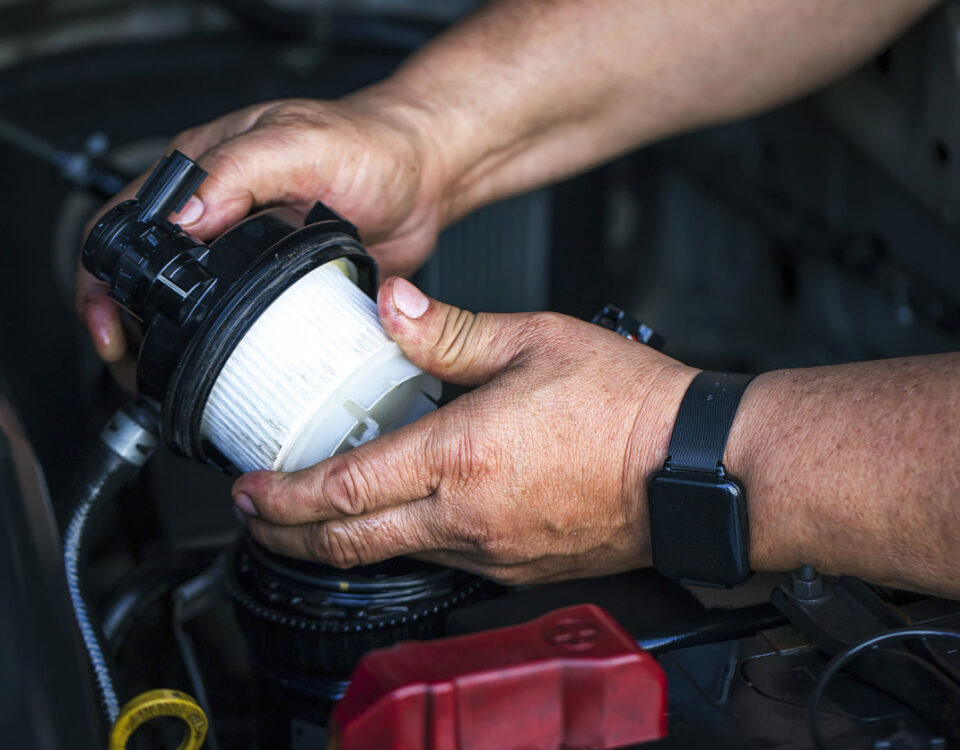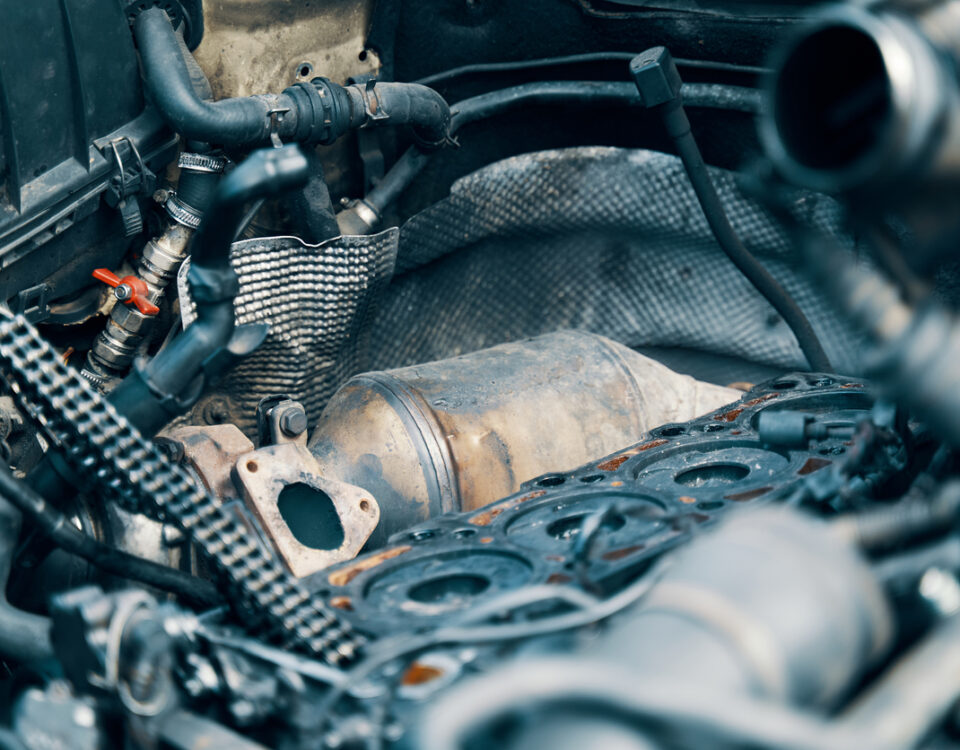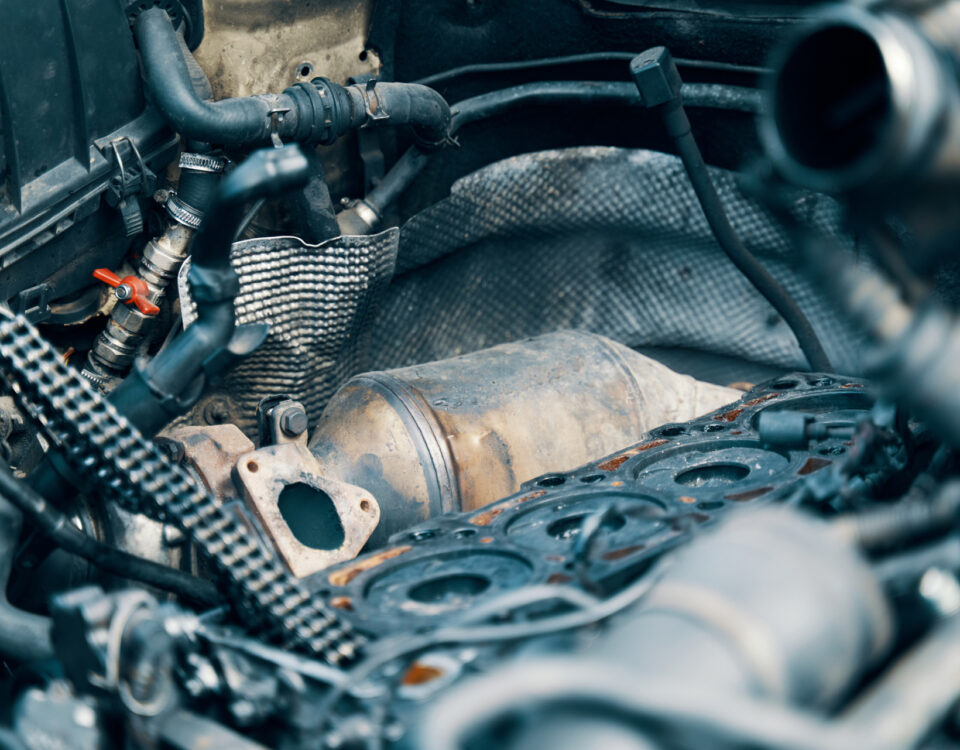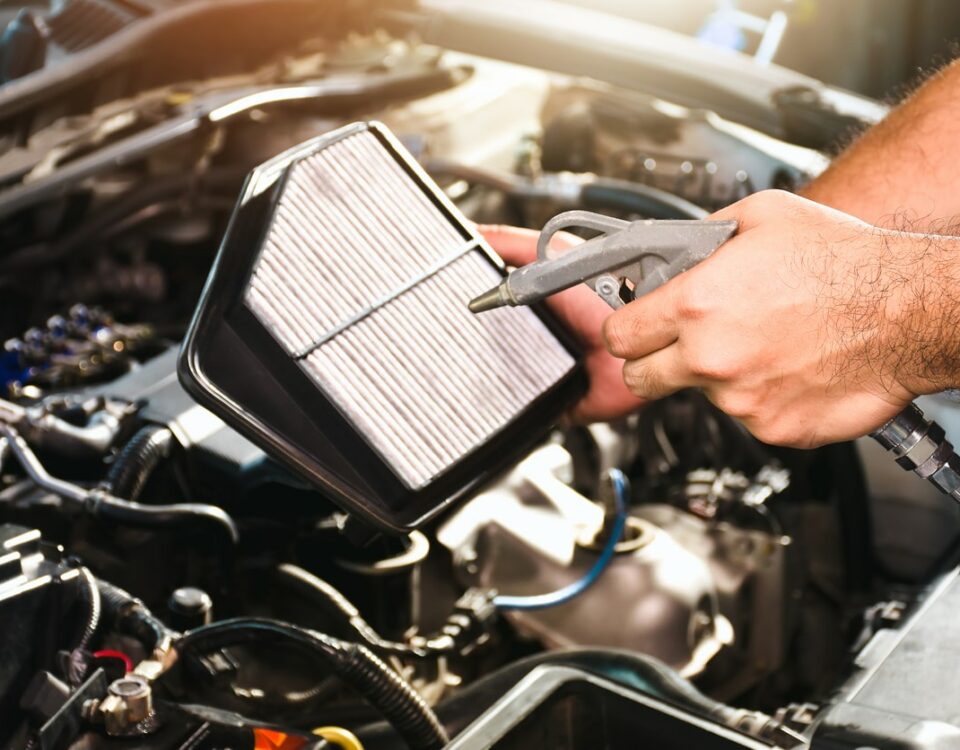Maintaining a Petrol vs. Diesel Car – Efficiency and Running Costs
When you’re choosing what car to drive, there are hundreds of questions to think about, but the single most fundamental decision: is petrol or diesel?
Although it may seem like a small distinction between two different types of fuel, petrol and diesel have distinct pros and cons that can make it tough to choose between them. For example, diesel cars are widely considered more fuel-efficient than petrol, but they can be more expensive to buy…
To help you make an informed decision, we’ve prepared this little guide discussing the main points of the petrol vs diesel debate, and what better place to start than by discussing their efficiency:
Efficiency
Diesel engines use 15-20% less fuel than petrol cars on average, as the low-end torque of diesel engines provides a better motorway driving experience. According to independent studies by Which, diesel cars have superior fuel economy to their petrol counterparts in all scenarios, especially in motorway driving, where they beat even hybrid models.
However, diesel cars tend to cost more than the petrol version of the same car, as diesel engines have more complex construction and may require more frequent maintenance, such as engine carbon cleaning. Subsequently, diesel cars are often seen as more of an investment than petrol cars, though they are definitively more fuel-efficient.
Running costs
One major consideration in the debate on petrol vs. diesel vehicles is road tax, which is calculated based on Co2 emissions and the age of your car, meaning higher taxes for diesel drivers on average. Furthermore, punitive environmental policies like clean air zones charge diesel drivers much more than petrol drivers, making it more costly to drive a diesel vehicle, especially if you live in urban areas affected by these green policies.
However, the superior motorway fuel efficiency of diesel cars makes them an excellent choice for people who make frequent long journies, and you may be able to recoup the extra tax costs in fuel savings.
Emissions
Typically, diesel vehicles produce more harmful emissions than petrol cars in NOx (nitrogen oxide) and particulates, though advances in Diesel Particulate Filter (DPF) and engine carbon cleaning technology can mitigate the worst of this. This is the main stated reason that the UK government charges diesel vehicles higher road tax rates than an equivalent petrol or hybrid vehicles, and your rates will increase as your vehicle ages.
Fortunately, if you use your vehicle responsibly and keep it in good condition, you probably won’t suffer any consequences from the additional emissions of diesel vehicles, except in your wallet.
Reliability
According to Which studies, diesel automobiles are more than three times more likely to break down than petrol cars on average and cost 20% more to repair when they do. This problem also tends to worsen as your car ages, and with the decreasing popularity of diesel vehicles, it’ll only get harder to find replacement parts to repair your vehicle as time goes on.
Furthermore, diesel vehicles are less reliable for low-speed city driving, as this can cause certain parts (namely the DPF) to wear down faster than usual.
Pros and Cons of Petrol Cars
Petrol cars are generally cheaper, more reliable, and cost less to run than diesel vehicles due to tax policies and fuel costs. Thanks to their lower up-front cost, cheaper fuel, and (generally) better reliability, petrol cars are widely seen as the budget-friendly option and are an economical choice for many people.
However, petrol cars are not as fuel-efficient as diesel cars (except for specific circumstances, such as stop-start traffic) and tend to lose their value faster, making them potentially less suitable as an investment. Furthermore, choosing a petrol engine can limit your choices, as many larger vehicle classes, like SUVs and trucks, only come with diesel engines due to power requirements.
Pros and Cons of Diesel Cars
Diesel engines, especially turbo diesel, provide superior fuel efficiency and power and can run on alternative fuels like bio-diesel, which are better for the environment and your wallet. Additionally, modern diesel cars often require less maintenance because they have fewer parts and tend to hold their value better than equivalent petrol models.
Unfortunately, diesel cars tend to be more expensive than petrol due to higher fuel and tax costs, and they aren’t as fuel-efficient on shorter journies or city driving. Additionally, certain features of modern diesel cars – such as Diesel Particulate Filters or DPFs – require regular maintenance, like engine carbon cleaning, to keep them in good condition.
Which is better?
The petrol vs diesel debate has been raging for decades and probably won’t end anytime soon, as both petrol and diesel vehicles have unique benefits. However, while it’s tough to pick an overall winner, we can help you find the right choice for your specific needs based on budget, driving habits, and chosen car model.
Best for long journies – diesel
Diesel cars excel at long, high-speed journies, thanks to their superior fuel economy and torque in motorway conditions, making them ideal for people who often take longer journies.
Best for city driving – petrol
Stop-start traffic and shorter journies can be detrimental to diesel engines, so petrol cars are much better suited for city driving and also avoid the worst of ‘clean air’ daily charges.
Best for the country and off-road driving – diesel
If you spend more time driving in rural or hilly areas, the extra torque of diesel engines is ideal, especially if you have to haul a heavy load or tow a trailer.
Best budget car – petrol
Petrol cars are generally cheaper than equivalent petrol models, and certain types of cars (often compact models) do not come with diesel options, making it much easier to find a budget car with a petrol engine.
Conclusion
In short, there is no clear winner in the petrol vs diesel debate, as both types of car have their own unique advantages and drawbacks. For example, diesel cars excel at long, high-speed journies, while petrol cars are better suited to city driving, so the best choice is all down to your requirements.
But no matter which type of engine you choose, taking care of your car with regular servicing (and the occasional engine carbon cleaning) is essential for making the most of your car.



